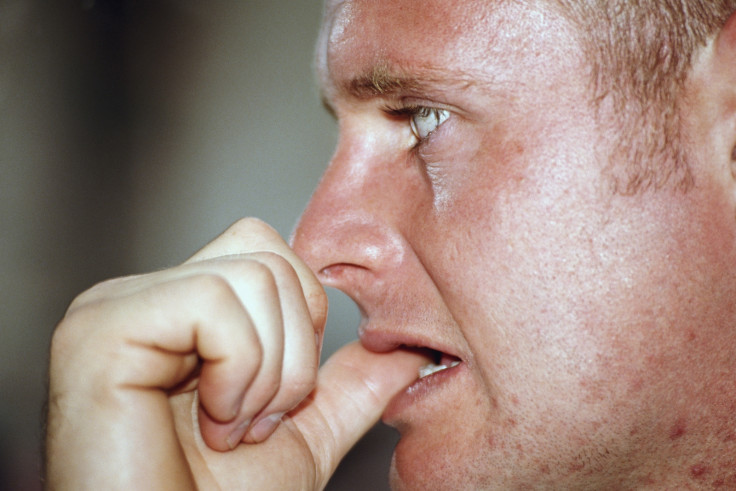The Sun had no right to humiliate Gazza
Some people think that if you get drunk and make a fool of yourself in public then you deserve it.

The tragic images of Paul Gascoigne clad only in an ill-attached dressing gown will have been taken by an individual with a mobile phone, a device by which all of us have the means to rob another of his or her dignity. The argument will go that Gazza robbed himself of his dignity by going to buy alcohol without being properly dressed. However, it is one thing for someone suffering from mental health and addiction problems to accidentally to expose themselves getting out of a taxi to one or two passers-by. It is entirely another for lurid photographic images of his tragic descent into personal tragedy to feature in the national press.
As a society, we struggle to find the appropriate way of striking a balance between the rights of an individual to protect their dignity and privacy (enshrined in Article 8 of the European Convention of Human Rights), and the free expression rights that are enshrined in Article 10 of the same convention.
The practical difficulty is that the Article 10 rights win by default, both because it is profitably monetised by Fleet Street, and because we all have a means of infringing the Article 8 rights in the form of our mobile phones.
Some people think that if you get drunk and make a fool of yourself in public then you deserve all the trashing of your privacy that may follow – like a prisoner in the stocks. The offer of money also has a particular way of easing an individual's conscience when it comes to robbing another of their human rights.
Europe gave us a right to privacy via Article 8, and the British Parliament brought it in to our law via the Human Rights Act. But a right is only of any value to the extent that you can enforce it. Anyone who has acted for an individual who has tried to enforce their human rights against Fleet Street via the courts will tell you that a newspaper will fight hard and with scant regard to the rules before they will concede the right of an individual to his or her privacy; as the PJS case against the Sun on Sunday has vividly illustrated.
There was one famous occasion where a picture of a naked and burned Vietnamese girl running from a village, which had been napalmed by the American Army, changed the course of history for the better, as it swung public opinion in the US against the Vietnam War. The publication of that picture was, however, a gross invasion of the privacy of a child at a time of unimaginable distress. It is difficult to make comparisons between such situations and pictures of Gascoigne, or even drunken antics in Magaluf from the Mail Online, but it illustrates how difficult these decisions are on a moral and ethical level.
We live in a generation that now routinely invades its own privacy by the use of Facebook, Snapchat and Instagram. Many volunteers to potential public ridicule now regret their decision to bare their souls (or more) via social media.
However, if someone is suffering from a mental illness or an addiction, surely a civilised society should offer them some protection from their own suffering? The press' determination to publicise the "wrongdoing" of those indulging in excess during their holidays or at home must be set against the vast sums of money that tabloids have expended keeping their own wrongdoing from public gaze.
© Copyright IBTimes 2025. All rights reserved.




















